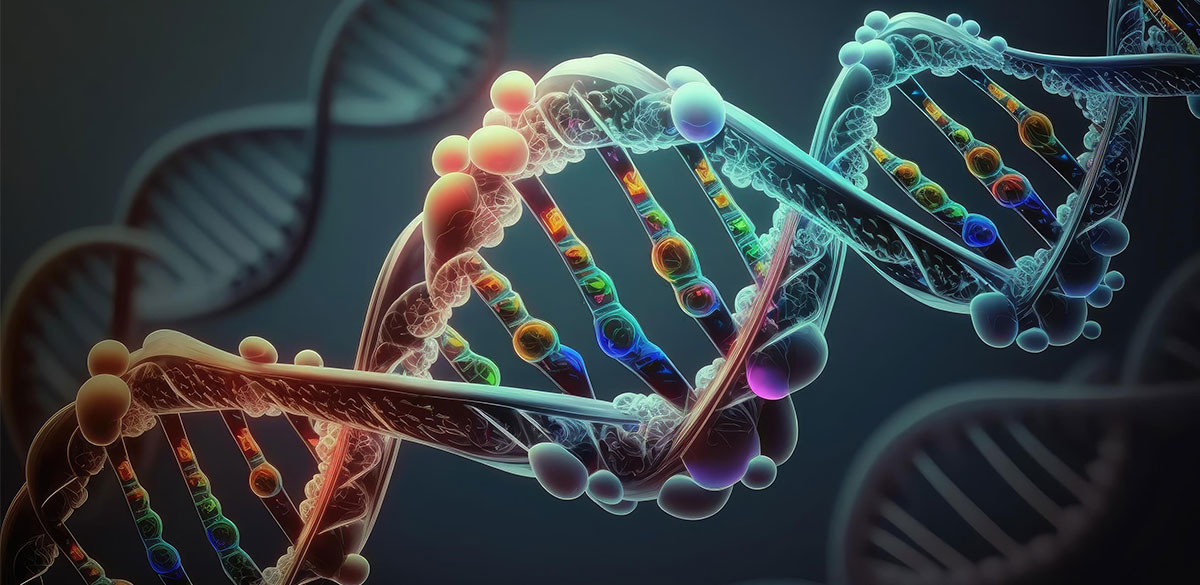Context-
Understanding our ancestry has always been a matter of intrigue and fascination. Through the study of ancient DNA (aDNA), researchers have gained unprecedented insights into the genetic makeup, lifestyles, diseases, and tools of our ancestors. In recent years, advancements in genomic techniques have enabled scientists to extract and analyze DNA from ancient skeletal remains, shedding light on various aspects of human history and evolution.
Insights from Ancestral DNA
Genetic Diversity and Population Dynamics
Ancient DNA studies have provided invaluable insights into the genetic diversity and population dynamics of ancient human communities. By reconstructing the genetic profiles of our ancestors, scientists have uncovered migration patterns, interactions, and adaptations to local environments. These findings offer a glimpse into the complex tapestry of human history and the forces that shaped our genetic heritage.
For instance, recent studies have utilized genomic technologies to understand the spread and evolution of pathogens in ancient populations. By reconstructing the genomes of ancient pathogens, researchers have traced the origins and transmission routes of infectious diseases throughout human history. This knowledge not only enhances our understanding of past health challenges but also has implications for modern healthcare practices.
Implications for Modern Healthcare
Researchers have leveraged ancestral DNA to study genetic diseases that may have affected ancient humans. By analyzing sequences of ancient DNA, scientists have identified genetic variants associated with diseases such as Down syndrome, Klinefelter syndrome, and Turner syndrome. These insights not only contribute to our understanding of human evolution but also offer valuable lessons for modern healthcare.
For example, recent studies have reported evidence of chromosomal abnormalities in ancient human populations. Through whole-genome sequencing of fragmented DNA, researchers have identified instances of Turner syndrome, Klinefelter syndrome, and Down syndrome in skeletal remains dating back to the Iron Age in Britain. This research highlights the enduring presence of genetic diseases in human populations and underscores the importance of genetic screening and healthcare interventions.
Insights into Disease History
Advancements in genomic techniques have enabled scientists to unravel the history of diseases through the analysis of ancestral DNA. By studying genetic variants associated with cardiovascular diseases in modern humans, researchers have gained insights into the prevalence and impact of these conditions throughout history.
For instance, a multinational research team conducted a comprehensive analysis of genetic variants linked to cardiovascular diseases in ancient human populations. By sequencing DNA isolated from mummified individuals spanning different geographical regions and time periods, the researchers identified genetic markers associated with atherosclerotic cardiovascular disease. This study suggests that cardiovascular disease has been a significant health concern for human populations for at least 5,000 years, highlighting the enduring impact of genetic predispositions on human health.
Exploring Ancestral Diets and Lifestyles
Reconstructing Ancient Diets
Ancestral DNA provides a unique window into the diets and lifestyles of ancient humans. Through the analysis of genetic remains, researchers can glean insights into dietary habits, oral health, and tool-use practices of our ancestors.
For example, studies have examined the use of birch pitch—a natural adhesive used by ancient humans to repair tools—as a source of genetic information. Analysis of DNA extracted from chewed birch pitch samples dating back thousands of years has revealed microbial communities associated with oral health and dietary patterns. By identifying DNA from plant and animal species, scientists have reconstructed ancient diets and lifestyles, shedding light on the culinary preferences and resource utilization strategies of ancient human populations.
Insights from Archaeological Discoveries
In addition to genetic analysis, archaeological discoveries offer valuable insights into ancient diets and lifestyles. Excavations of ancient sites, such as caves and settlements, have yielded artifacts and skeletal remains that provide clues to the daily lives and cultural practices of our ancestors.
For instance, recent excavations at a cave site in Germany revealed bone remains and stone tools attributed to early human populations. Through genetic analysis of bone samples and radiocarbon dating, researchers determined that the cave was inhabited by Homo sapiens approximately 45,000 years ago. This discovery not only elucidates the origins of stone tool technology but also provides evidence of human migration and cultural exchange during prehistoric times.
Conclusion
The study of ancestral DNA offers a powerful tool for unraveling the mysteries of human history, evolution, and health. Through genomic analysis of ancient populations, researchers have gained insights into genetic diversity, disease prevalence, and dietary habits spanning thousands of years. By integrating genetic data with archaeological evidence, scientists can reconstruct ancient lifestyles and cultural practices, enriching our understanding of human ancestry and resilience.
As technology continues to advance, the field of ancient DNA research holds promise for further discoveries and insights into the complexities of our shared human heritage. By preserving and studying the genetic legacy of our ancestors, we can gain a deeper appreciation for the journey of human evolution and the interconnectedness of past, present, and future generations.
|
Probable Questions for UPSC Mains Exam- 1.How has the study of ancestral DNA transformed our understanding of human history and health? (10 Marks,150 Words) 2.What insights can be gleaned from the analysis of ancient genetic remains regarding ancient diets, diseases, and lifestyles? (15 Marks, 250 Words) |
Source- The Hindu







